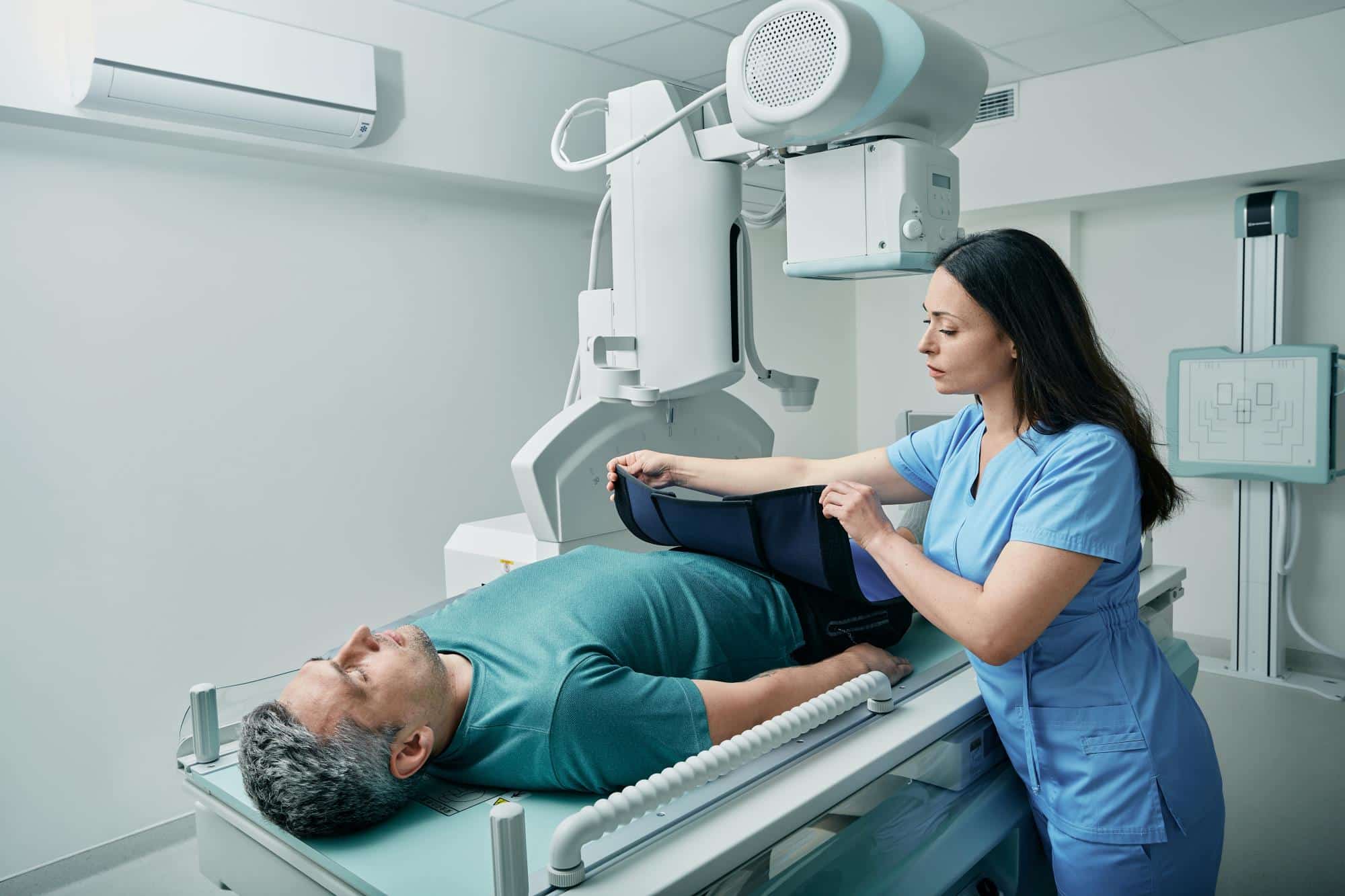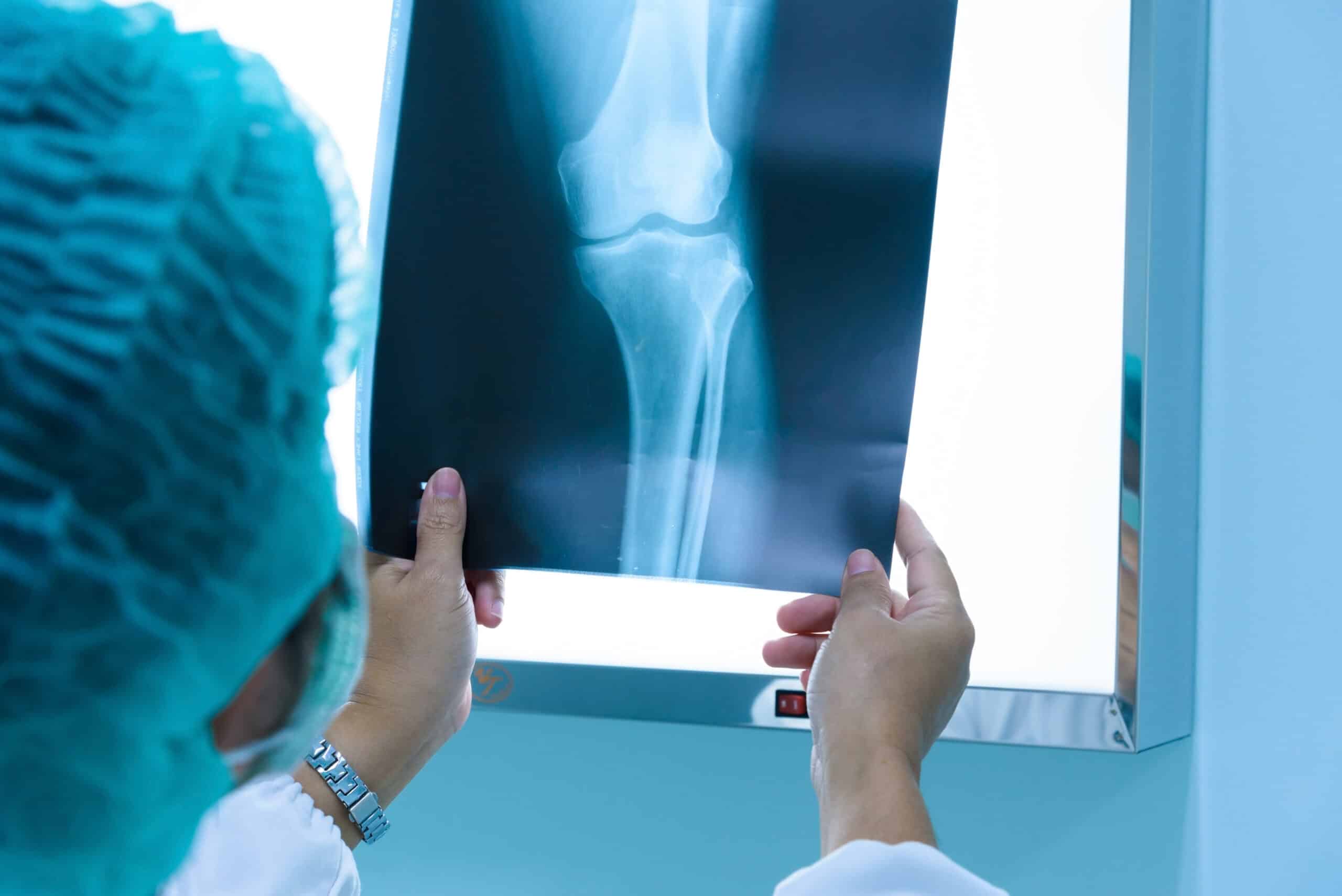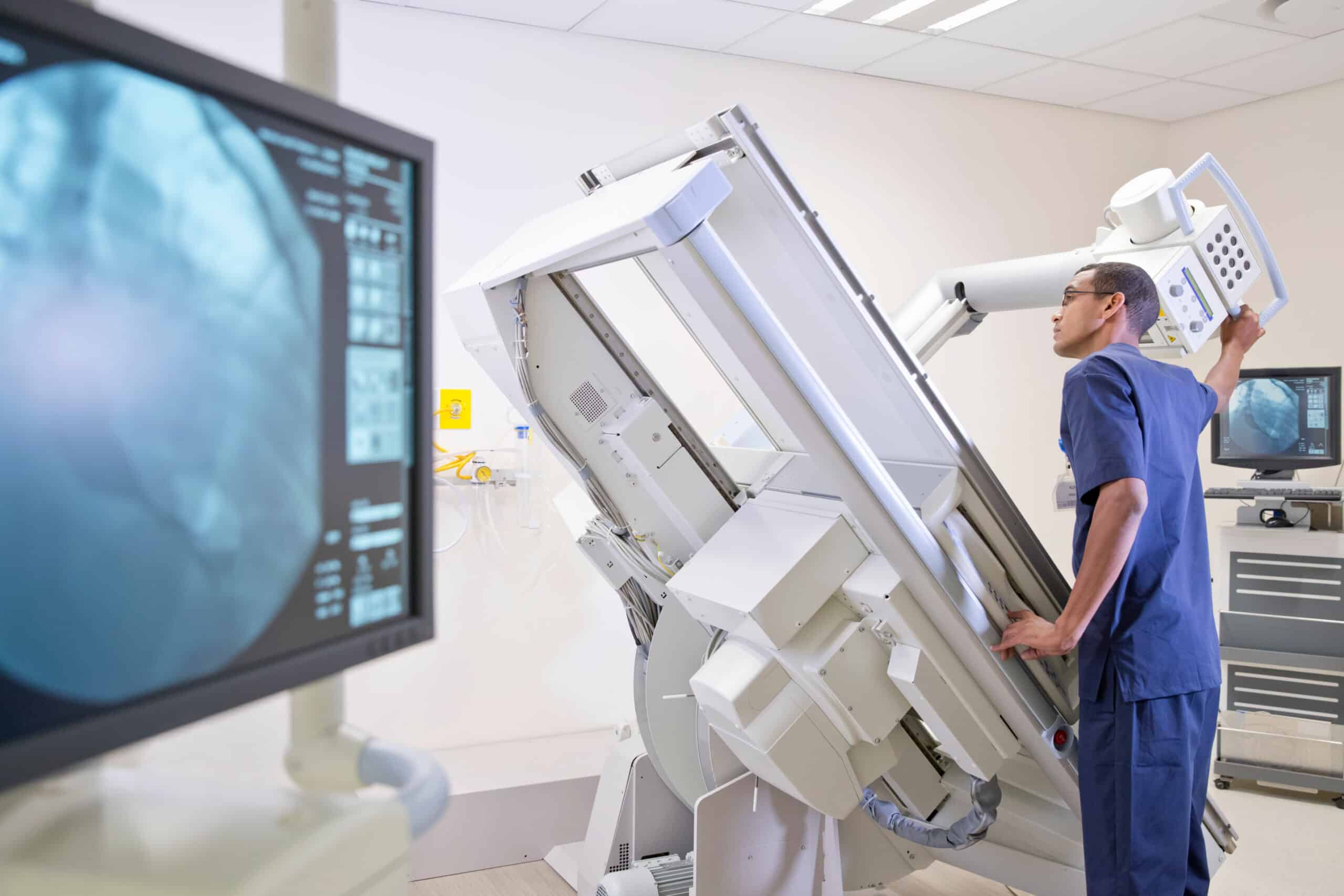
Thinking about a career in travel allied health? Healthcare professionals working in imaging, laboratory, respiratory, or therapy specialties have the chance to experience an all-new side of their profession, with short-term and long-term travel job opportunities across the country.
If you’re curious to learn more about being an allied health traveler, this guide covers everything you need to know about allied travel and how it works.
Allied health travelers have the same credentials, education, and experience as permanent allied staff working in imaging, laboratory, respiratory, and therapy fields. However, traveling allied specialists fulfill their roles through temporary assignments at hospitals and other healthcare facilities across the country. Allied specialties typically include:
For in-demand allied health professionals, travel assignments can last anywhere from 8 to 26 weeks, though 13 weeks is the most common option.
In general, traveling allows allied healthcare professionals to grow their careers, serve communities that need their highly specialized skills, and experience new locations. Allied health professionals can often find higher pay with travel assignments, as well as other benefits such as healthcare insurance, retirement plans, and continuing education opportunities.

An allied healthcare traveler provides the same services as core staff within imaging, respiratory, laboratory, and therapy settings, but on a temporary basis. Depending on their respective specialty, an allied health traveler may be asked to help:
Traveling allied professionals are often hired at a hospital or clinic to help address staffing shortages, vacations, census fluctuations, or new units opening, as well as provide specialty health services needed within the community.
Though they’re contracted as temporary staff, allied travelers are viewed as critical members of the team while on duty. In fact, many allied professionals extend their travel assignments to continue delivering quality patient care and building long-term relationships with the community, management, and peers at their assigned facilities.
To work as a travel healthcare professional, imaging, laboratory, respiratory, and therapy specialists must first partner with a healthcare staffing company. The role of the healthcare staffing agency is to understand the career and personal needs of healthcare professionals and match them with travel healthcare job opportunities that align with their qualifications and preferences.
Through the agency, allied professionals can submit job applications for temporary positions. Then, they submit documents verifying their work experience and other qualifications along with their references, which is often followed by a remote interview with a healthcare facility. If the facility finds the candidate to be a good fit for their open position, they will extend a job offer.
These steps can be facilitated by allied health recruiters, credentialing specialists, and other support staff.
No matter what your specialty or lifestyle is, becoming an allied health traveler can have many personal and professional benefits.
Unlike a permanent staff position, travel assignments for allied professionals are temporary, so you can take new assignments whenever it’s right for your lifestyle and goals. Allied travelers have options to take shorter assignments that allow them to move around the country more frequently to experience new facilities or locations. If they like a healthcare facility and a travel need persists, they may be able to renew their contract and stay in that location for a while. Some allied professionals opt to take a short break between assignments to spend more time with family and friends. That’s the flexibility of allied travel.
Looking to immerse yourself in unique cultures, experience new cuisines, or go sightseeing in different locations? Traveling as an imaging, respiratory, therapy, or laboratory professional gives you the chance to work and live across the nation, while also growing your healthcare career.
Every new travel allied health assignment is an opportunity for professional development. Not only can you learn new skills by working alongside other healthcare professionals across the country, but you can also gain experience with new technologies and techniques in different healthcare environments. This can help you strengthen your resume and broaden your work experience.
Demand for allied professionals is growing due to healthcare staffing shortages across the U.S. This means traveling healthcare providers are an invaluable resource for healthcare facilities seeking to provide quality care for patients. There will always be career opportunities and jobs in communities where the need for respiratory, therapy, imaging, or laboratory skills is high.
While pay rates for allied health travelers depend on discipline and specialty, work experience, facility demand, location, and other factors, it’s common for salaries to be higher on average for travelers than core staff, due to the increased demand for allied specialties. It’s also common for traveling healthcare professionals to have access to benefits such as medical insurance, retirement plans, reimbursements, and other benefits through their staffing agency employment.
Many traveling allied professionals build long-term friendships with people they meet while on assignment, whether it’s coworkers or people they meet in their new communities. In addition to these personal relationships, professional networking opportunities are also a major benefit of traveling for allied healthcare workers, as it can lead to shared knowledge, job referrals, ongoing education, and more.
The ability to experience new work environments and take breaks between travel healthcare assignments are just a few of the reasons why working as an allied traveler can help reduce burnout in your career. Ultimately, working as a traveler gives you greater control over your schedule, which means you can work when and where you want.

Different healthcare facilities will have different requirements for contracting traveling professionals, which travel recruiters will explain while working together to define your ideal position. That said, the process of becoming an allied traveler is fairly straightforward. Here are the typical requirements necessary to work as an allied traveler.
Typically, you’ll be required to have between one and two years of experience in your imaging, laboratory, therapy, or respiratory specialty. Certain specialties may require more experience. Working with a healthcare staffing recruiter can help you get more information about these expectations before you submit to allied travel jobs.
In addition to the credentials or licensure required to work within your allied specialty, you will need proper licensure in the state where you plan to take travel assignments. At this time, there’s no generalized multi-state licensure option for allied health professionals. However, some allied profession groups are in the process of enacting their own state-based compacts, such as the Occupational Therapy Licensure Compact and the Physical Therapy Compact.
Partnering with a healthcare staffing agency can make allied travel much easier. Not only can healthcare recruiters help you find jobs that meet your career, financial, and lifestyle needs, but they can also act as advocates throughout the hiring, onboarding, and contracting process. Many staffing companies also have support teams that can assist you with housing, credentialing, and other aspects of travel healthcare careers.
With over 25 years of experience in the healthcare staffing industry, TRS Healthcare is prepared to help you make the most of your allied travel career. We place allied professionals in imaging, laboratory, and respiratory fields across the U.S. in urban, rural, and underserved areas in facilities of all sizes and types. We’re here to be your trusted advisor throughout your travel journey, and you can rest assured that your success is our priority!
Ready to start your allied travel career with TRS Healthcare? Search our current jobs or apply with us now!